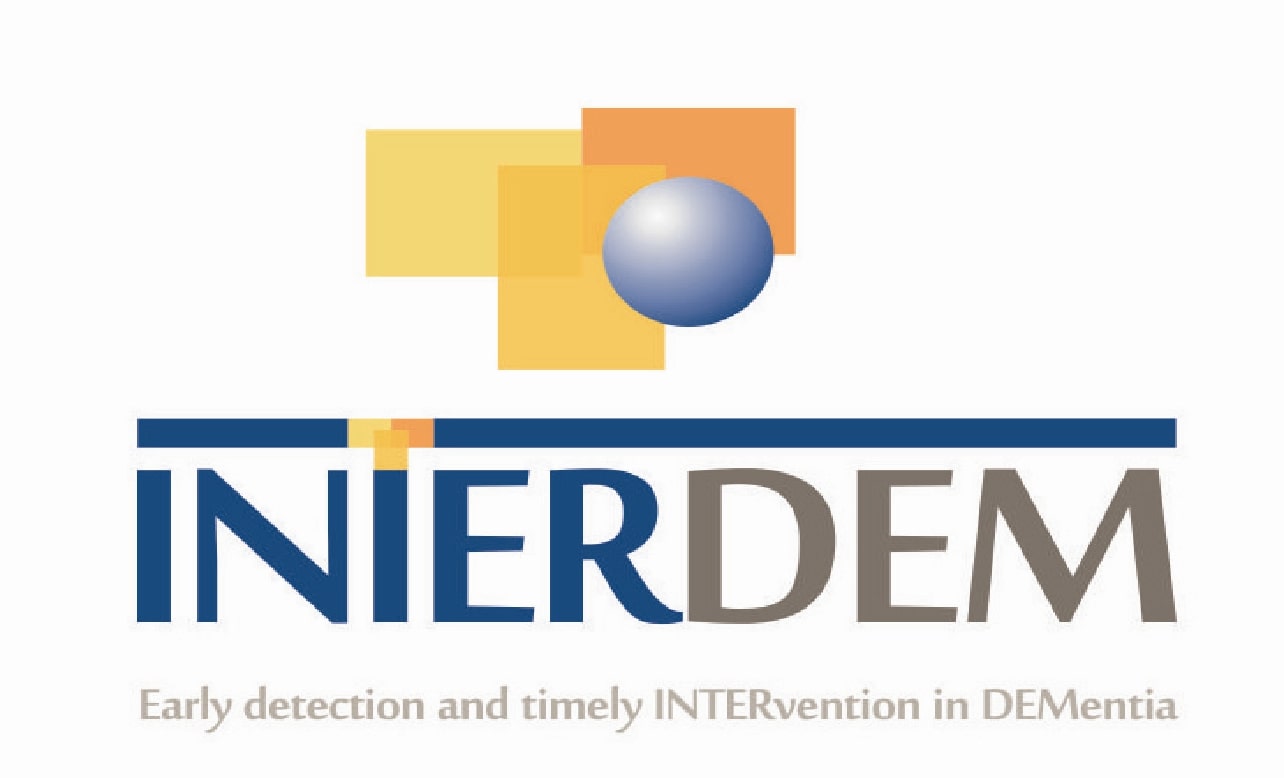CHALLENGE DEMCARE (2008 - 2020)
This NIHR Applied Programme grant built on
previous work at Hull on the management of challenging behaviour
in dementia at home and in care homes: Link to programme website
http://www.challengedemcare.com/
Challenge Demcare included a systematic Cochrane review, development and testing of an online e- learning and e-tool system and two studies on the management of challenging behaviour: in care homes (ResCare) and in family care (FamCare). Rescare involved reviewing 2185 people in 63 care homes; the trial included 832 residents and 609 hand-on care staff; Famcare involved reviewing 5360 families across 33 services in England and specialist interventions with 157 families. This now complete programme of work is currently translating its knowledge for use by specialist dementia care practitioners in their practice.
Link for the full range of details of projects,
publications and related work:
https://drive.google.com/file/d/1NbEp2ecHcr-X7f8_ymPIKGNY74-pC7uP/view?usp=sharing
Link here for Practitioner Tool-Kits and Resources:
'COVID E-WHELD' Improving wellbeing and health for care home residents during covid-19 (2020 - )
COVID E-WHELD is based on the optimised WHELD training intervention on successfully completed randomised clinical trials (RCTs) in 86 care homes, more than 1000 people with dementia. WHELD reduced use of anti-psychotics, improved agitation and overall neuropsychiatric symptoms, improved quality of life and reduced mortality for people with dementia. A digital version of WHELD (eWHELD) with virtual supervision in a further care home RCT including 130 people with dementia has demonstrated benefits for staff carers and improvements in the quality of life of people with dementia, with eWHELD combined with virtual supervision, but not with e-learning alone.
The current project will evaluate a COVID-19 adapted version of eWHELD to address the current needs of care homes during the COVID-19 pandemic. This will be undertaken in a 2 arm, 4 month, randomised cluster RCT in 1280 care homes (allowing 75% drop out with COVID-19 outbreaks) to determine whether COVID-19 adapted eWHELD improves quality of life and mental health for people with dementia in care homes and the mental health of care staff.
Eurekalert! News Release 6th October 2020: £1.2 million to roll out dementia care home program to COVID-hit sector.
The 'power of language and behaviour' in dementia care (2019 - )
This project arose following an international symposium at Alzheimer Europe - The Hague 2019. Our collaborators were Alzheimer Europe (Drs Diane Gove and Ana Diaz) and the European Working Group of People with Dementia.
With thanks to Kate Swaffer https://kateswaffer.com/2018/08/13/rethinking-dementia-care-banbpsd/ and Wendy Mitchell's Social Media Post for helping us to recruit 55 people with dementia and 229 families to join this study. Special thanks also go to the University of Hull's Dementia Advisory Board, the Butterflies Memory Loss Support Group https://www.butterflies.org.uk/ and Dr Sarah Smith at the University of Salford, Institute of Dementia (SID) https://www.openaccessgovernment.org/wp-content/uploads/2018/08/Uni-of-Salford-ebook-Aug-18_Dementia-WEB.pdf for their support in this project. Thanks also to the Yorkshire and Humber CRN for their help with recruitment.
Outputs: For details of the Hague symposium and publications please click here.
‘BEHAVIOUR THAT CHALLENGES’ IN DEMENTIA CARE (2018 - )
Since 2017 we have been updating the 2013 British Psychological Society Briefing ‘Alternatives to Antipsychotic Medication in People with Dementia' https://drive.google.com/file/d/1lSgYF1984mpZVB0HW2MrZv4FMFxpw937/view?usp=shar ing by translating applied research knowledge about psychological approaches to behavioural care - challenges for practice. This is supported by The British Psychological Society, Division of Clinical Psychology, Faculty of the Psychology of Older People - FPOP and is led by Ian James - co-applicant Challenge Demcare (Cumbria, Northumberland, Tyne and Wear NHS Foundation Trust), Esme Moniz-Cook (University of Hull, CI Challenge Demcare) and Frances Duffy (Northern Health and Social Care Trust). This project has involved consultations with key stakeholders including professionals of all disciplines, care home organisations, NHS England networks, people with dementia and families (for details of our sub-study involving people with dementia and carers see our project 'The Power of Language and Behaviour' above).
Link for BtC Project protocol: https://drive.google.com/file/d/1AA80bc92rWPzTIpKeO1mGQBULBANgCqk/view?usp=sharing
Link for 34-item survey (7th May - 14th June 2019): https://drive.google.com/file/d/1NjORMqdYs-OfF-Cw0mPIMcdpBlB65HlG/view?usp=sharing
Link for dissemination activity and publications: https://drive.google.com/file/d/1Jw6mri-xxqbQAl8VQyakmJrzFjnkHuv-/view
CAREGIVERSPRO-MMD (2015-2019)
CAREGIVERSPRO-MMD was a Horizon 2020 funded project, which designed and piloted a website for people with dementia and their caregivers across four European sites https://caregiversprommd-project.eu/. A support website, designed with people affected by dementia and carers, provided both information and access to a range of support. This included opportunity for online meeting with others, in order to reduce social isolation. Training was given to help people use the website during the pilot. Hull was the UK pilot site for the project and recruited 200 dyads (person with dementia and carer). This project has now ended.
Link for the project details and publications: https://drive.google.com/file/d/1-UJlQLbY6h6GU2yAC6bN0pHYANqVFuiS/view
METHODOLOGY AND MEASUREMENT IN DEMENTIA CARE (2003 - ongoing)
Hull’s applied research on methodology and measurement in dementia has grown from 2003, with a strong focus on validated instruments that can be used in routine clinical practice. Many of our projects from 2008 have been a collaboration between members of the INTERDEM network http://interdem.org/ , with a key programme funded by the EU Joint Programme Neurodegenerative Disease (JPND): Longitudinal Cohorts Working Groups (2014 -2015) ‘Dementia Outcome Measures; charting new territory’ (2014-2015), and a positive psychology perspective to the development of outcome measures.
Key methodological work has outlined the importance of the ‘Implementation Error’ that can arise in studies of effectiveness, quality indicators and meta-ethnographic reviews to synthesise literature related to our research topic.
Link for the full range of projects and their publications: https://drive.google.com/file/d/1rNhCUMQUd9DilG8A9qO0UT4UmRPFyQ0z/view?usp=sharing


